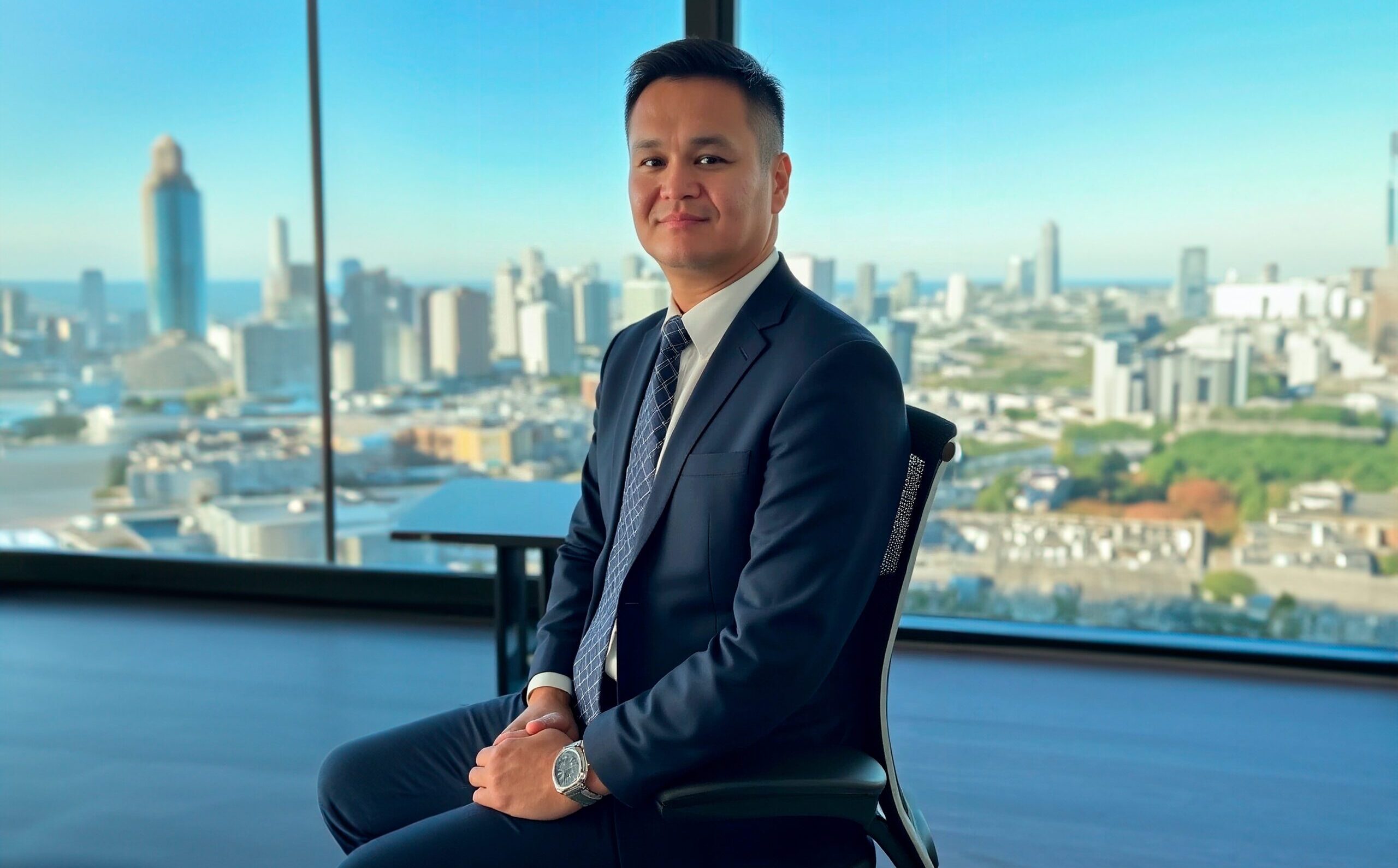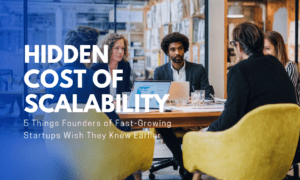AI now drives real profits and operational resilience across industries. Morgan Stanley projects up to $920 billion in benefits for S&P 500 firms by 2026 through AI investment — a clear signal that this isn’t a future trend, but a present reality.” In this environment, practitioners who fuse AI with mindset transformation, like entrepreneur and AI strategist Yerzhan Zheldibayev, offer not just tools, but the guiding framework businesses need today.
Yerzhan Zheldibayev is a seasoned entrepreneur and AI integration strategist with over 15 years of international experience in business development, digital transformation, and marketing. He is the founder of COSMO AI, a consultancy focused on implementing AI solutions across industries such as wellness, logistics, real estate, and education. Through custom automation systems and AI assistants, Yerzhan has helped dozens of businesses optimize operations, scale intelligently, and unlock new growth.
Previously, he built multiple successful ventures, including Eurasia Optomarket, a wholesale supermarket in Almaty generating over $280,000 in monthly revenue, and BAER Pride, a full-service marketing agency delivering 100+ branding and digital projects.
Yerzhan is a member of ACM (Association for Computing Machinery) and AAAI (Association for the Advancement of Artificial Intelligence) — global organizations at the forefront of computer science and AI research. He is also affiliated with Kazakhstan’s national business chamber “Atameken”, where he contributes to entrepreneurial development initiatives.
An active mentor and judge in international startup competitions, Yerzhan combines business expertise with a strong focus on mindset transformation, helping founders overcome internal barriers and embrace technology-driven growth.
Based on your deep experience with AI, which current professions do you think will disappear first — and which ones will become essential?
I believe the first to go will be professions where most tasks are repetitive. Things like call centers, parts of accounting, document processing, basic analytics, and “technical” copywriting. Anything that can be described as routine with clear rules — AI will do faster and cheaper.
At the same time, new roles will emerge and become crucial. First, there will be AI integration and configuration specialists — people who help companies choose the right tools and embed them effectively into workflows. Second, professions tied to creativity and strategy: product designers, mentors, visionaries. Their value will only grow, because only a human can set direction and meaning — something machines can’t replicate.
Essentially, the market will split: repetitive tasks will go to artificial intelligence, while humans will focus on work that requires imagination, empathy, and the ability to connect seemingly unrelated elements into a coherent whole.
You work actively with AI. How do you think the role of humans in business leadership will change over the next 5–7 years?
In five to seven years, the winners won’t be those trying to control everything — but those who can orchestrate two kinds of intelligence: human and artificial.
Based on your experience working in 25+ countries, which regions or countries do you see becoming the next hubs for AI startups — and why?
Right now, the world’s attention is on the U.S. and China. But from my perspective, new growth points will soon emerge in less obvious regions. Latin America, Southeast Asia, and Central Asia. What they all have in common is young entrepreneurs who aren’t afraid to take risks, and markets that haven’t yet been fully captured by large corporations.
For example, in Mexico and Colombia, I’ve seen how quickly people adopt new tools and turn them into real businesses. Vietnam and Indonesia have the same energy that Singapore had ten years ago. Central Asia today reminds me of early 2010s Southeast Asia: vibrant energy, talented engineers, and a hunger to catch up and leap ahead.
I believe these regions will surprise the world with new AI startups — because there, entrepreneurs don’t see technology as just a “trend,” but as a real opportunity to transform their lives and economies.
You’ve developed your own methodology for AI integration into business. Could you briefly explain its core principle and what sets it apart from other approaches?
Essentially, I’ve created a structured, entrepreneur-friendly framework that makes AI adoption transparent and stress-free, even for those without a tech background. The process unfolds in phases: first, we pinpoint where AI can relieve real operational pressure; then we test lightweight solutions on narrow tasks; and only once success is proven do we architect a scalable system.
What makes this so powerful is its outcome-focused design — not technology for its own sake, but tangible business impact. Think of it like a “family of AI agents”: each department — HR, sales, marketing, customer support — gets its own AI assistant, overseen by a central coordinator (like a conductor). Even companies of 30–40 people can operate with precision, speed, and measurement, without chaos. Unlike tech-heavy models, this framework treats AI like a new team member — complete with onboarding, responsibilities, and clear goals. The result is not a flashy tool, but a reliable digital partner that saves time, cuts costs, and strengthens the team.
Your methodology emphasizes both technology and mindset. How do these elements interplay in practice?
At first glance, tech and mindset might seem worlds apart — but in my experience, they’re inseparable. Automating with AI — like chatbots, analytics, or content generation — can reduce workload. However, if the entrepreneur or team holds onto limiting beliefs like “I must control everything” or “AI is too complex,” progress stalls.
That’s why I lead with automation while simultaneously addressing mindset barriers. We guide business owners past fear and resistance with small experiments that deliver early wins. Once they see results, their mindset shifts — from firefighting in turmoil to steering with clarity and confidence. That’s when technology truly accelerates transformation.
Judging by your path, you clearly believe in the synergy between mentorship and technology. Based on your experience today, what advice would you give your 20-year-old self?
If I had the chance to speak to my 20-year-old self, I’d say one simple thing: “Don’t be afraid to change — and don’t cling to what no longer works.” In my early years, I thought strength meant sticking stubbornly to one path. Now I understand that real strength lies in flexibility and knowing when it’s time to pivot.
I’d also tell myself not to postpone inner work. Back then, I only focused on external results — money, projects, growth. But without mental clarity and inner peace, none of those achievements bring lasting satisfaction. Today I know for sure: business and technology are just tools. The real foundation is always mindset and awareness.
And maybe I’d add: “Yerzhan, learn to trust — people, life, and yourself.” That would’ve saved me years of trial and error and made the journey a lot lighter and freer.



































